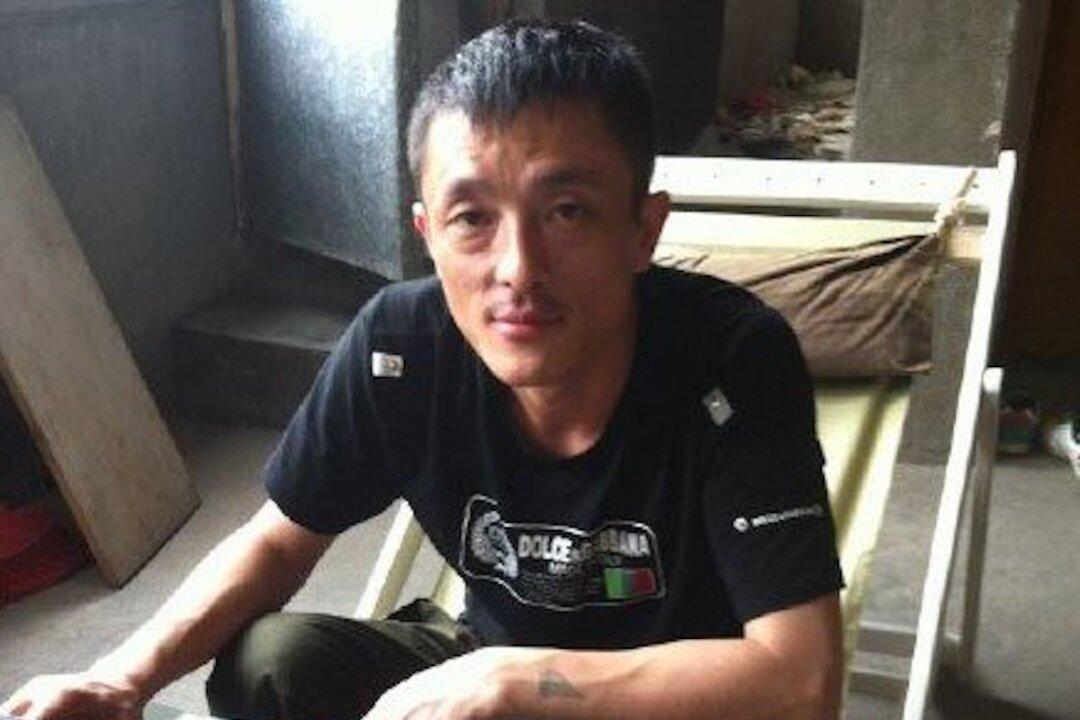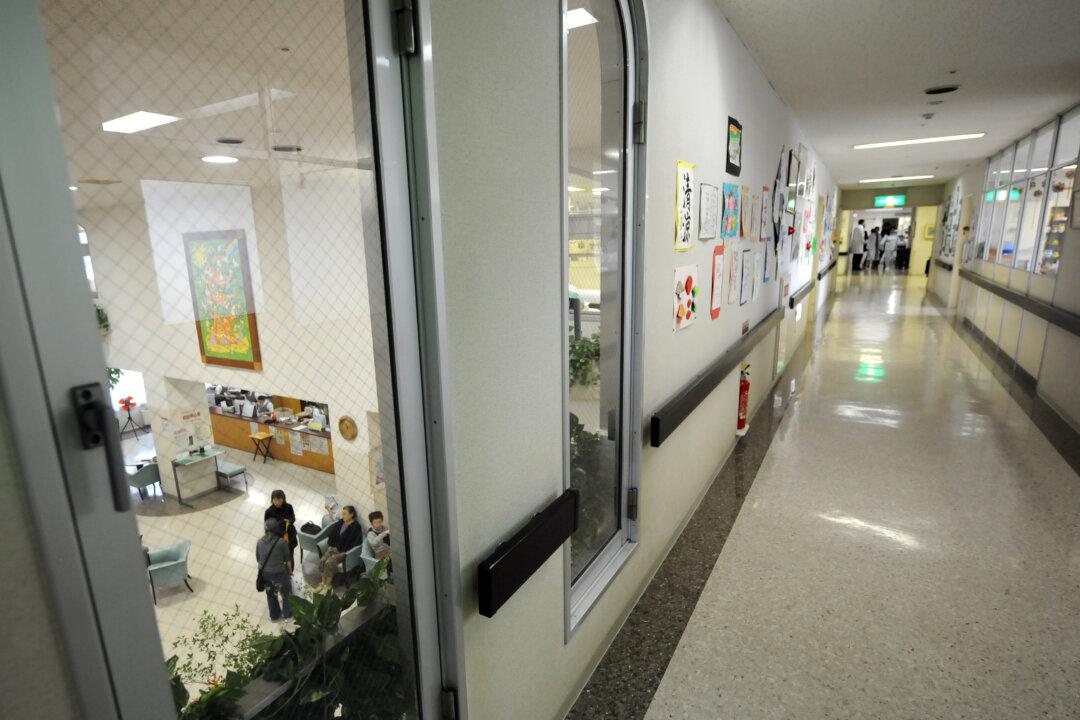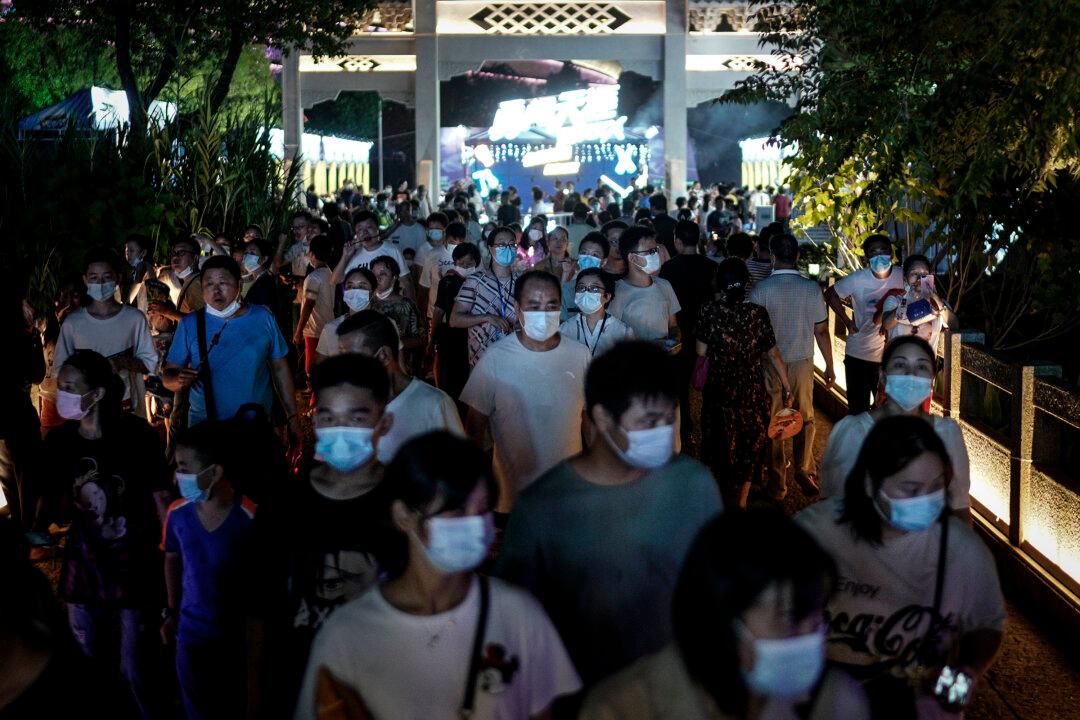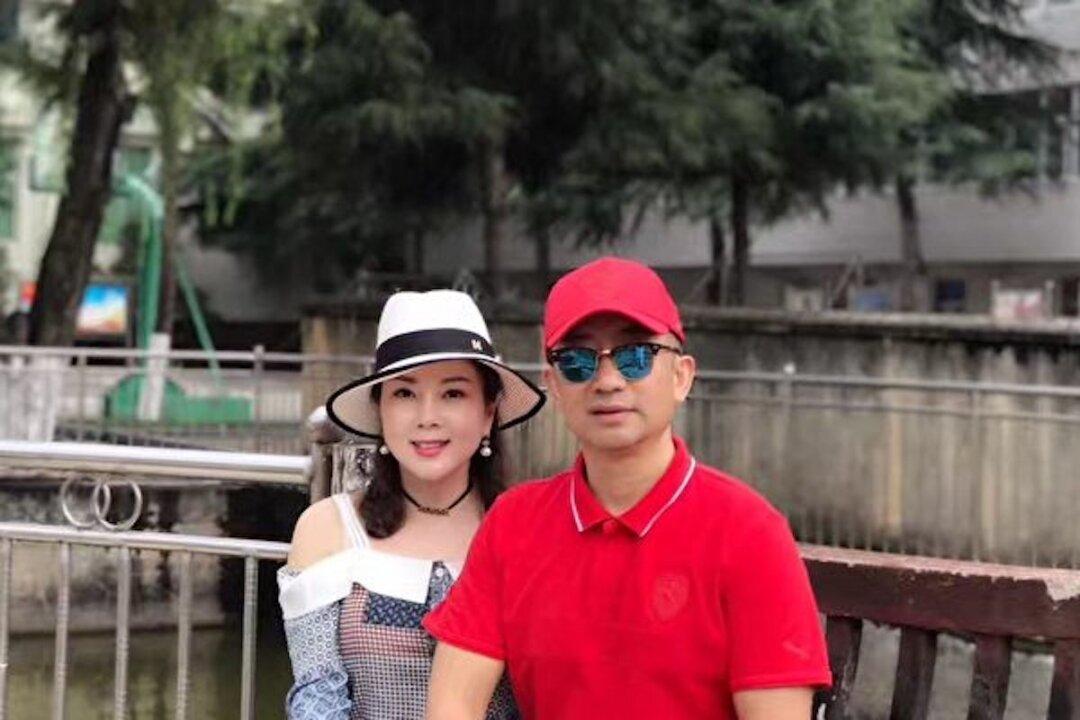Lu Yuyu, the founder of the citizen media outlet “Not The News,” was released after four years of imprisonment on June 15. He told The Epoch Times that despite the physical and mental torture he suffered in prison, he would never succumb to the Chinese regime.
Since October 2012, Lu and his girlfriend, Li Yuting, had managed to publish the daily blog Wickedonnaa on Twitter about protests happening around China. The blog keeps track of the scale and number of incidents, the number of arrested protesters, and the reason behind the demonstrations. The site recorded 28,950 incidents in mainland China in 2015, and 9,869 incidents in the first quarter of 2016.
Lu and Li worked hard to bypass the Chinese regime’s sophisticated online censorship mechanism, known as the Great Firewall. Certain topics and information that the regime deems sensitive would be immediately deleted by web censors.
Through their work, Lu and Li observed that uprisings and violent suppression of protesters occurred more frequently in remote areas.
“This has to do with peasants being discriminated against for a long time, having no right to speak, being left out of social attention, being stigmatized for a long time. The information blockade also allowed the suppression to go to its extreme,” Lu said.
In their last post on June 13, 2016, they documented 94 protests, including a demonstration of over 2,000 retired military officers in Beijing, according to China Labour Bulletin.
On June 16, 2016, the police kidnapped the couple from their hometown in rural Dali, in China’s southwest Yunnan Province. They were both charged with “picking quarrels and provoking trouble,” a vague charge often used to detain dissidents in China.
Suffering From Depression
Lu said that at the end of 2016, after a month of interrogation, he developed depression.He explained that from 8 a.m. to 5 p.m. he would be kept in an isolated cell where he was interrogated by the security guards and leaders of the public security (Chinese police).
Lu was tortured with the “tiger bench” method. Prison guards use belts to bind the victim’s arms and legs tightly to a bench. They then add layers of bricks or some other hard object under the victim’s feet, which further pulls the binding, sometimes to the point that the belts break. Victims endure unbearable pain from the pressure of the belts and often pass out.
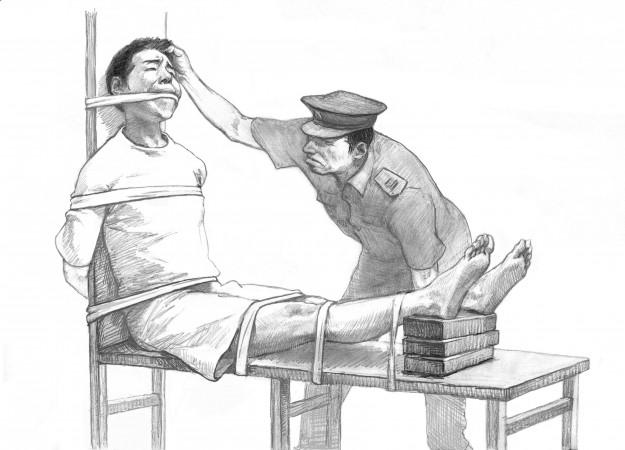
While Lu was tied up to a bench, the police repeatedly tried to break his will by persuading him to plead guilty and to change lawyers, along with showing him videos of other dissidents pleading guilty.
Later, Lu began to experience hallucinations. He said, “I became suspicious, and I felt that everyone was talking about me. I knew it wasn’t true, but I couldn’t help it.”
Slave Labor in Prison
In August 2017, Lu was eventually given a four-year prison sentence. On Oct. 13 that same year, he was transferred to a prison in Dali. He was assigned to the clothing workshop to sew clothes for popular name brands. He worked non-stop from 7 a.m. to 6 p.m. every day.Lu would wake up at 6 a.m. and go to bed at 9:30 p.m. When he wasn’t working, he would undergo brainwashing and “re-education” by being forced to watch certain TV programs that contained communist ideology. A meal was served after 6 a.m.
The workers were barely compensated for such laborious work. Lu disclosed that people who could meet the quota received dozens of yuan per month, but later it was reduced to 10 yuan ($1.41) or less.
Those who could not meet the quota would get punished. Lu described one form of punishment. “It was the discipline exercise, such as left turn, right turn, etc., after the TV news time.”
Lu stood up against the punishment. As a consequence, his monthly purchase limit was drastically reduced from 300 yuan ($42.46) to 30 yuan ($4.24). “The living condition was really bad. It’s sad when you can’t [afford to] buy something to eat,” he said.
At the end of 2019, Lu told his lawyer that he suffered from depression and malnutrition. After the lawyer raised the health concern with the prison, Lu’s monthly purchase limit was readjusted so he could buy more food.
The prison arranged a police officer to conduct a psychological evaluation on Lu before granting his request for a doctor to treat his depression out of his own pocket.
During the imprisonment, Lu was not allowed to do any exercises, not even push-ups or sit-ups. He would be punished if he broke that rule.
Despite various tortures, Lu has never pleaded guilty. He said that the prison had a two-month training for new offenders. “It was to brainwash you into making a confession and pleading guilty. I rejected it.”
Last year, the prison told him that if he “confessed” to his crimes, the sentence would be reduced by eight or nine months. He refused the offer.
‘Bigger Prison Cell’
On the day Lu was released, three security guards accompanied him to his local police station where his father went to pick him up.Lu was ordered to report to the local police station and judiciary sector with his cell phone number. He was also banned from going to Beijing, Shanghai, and Xinjiang.
A police officer was also assigned to monitor Lu and to report his daily whereabouts.
The close surveillance made Lu feel like he was back in prison, but in a bigger cell. “This is the Chinese law, operated by the regime itself.”
